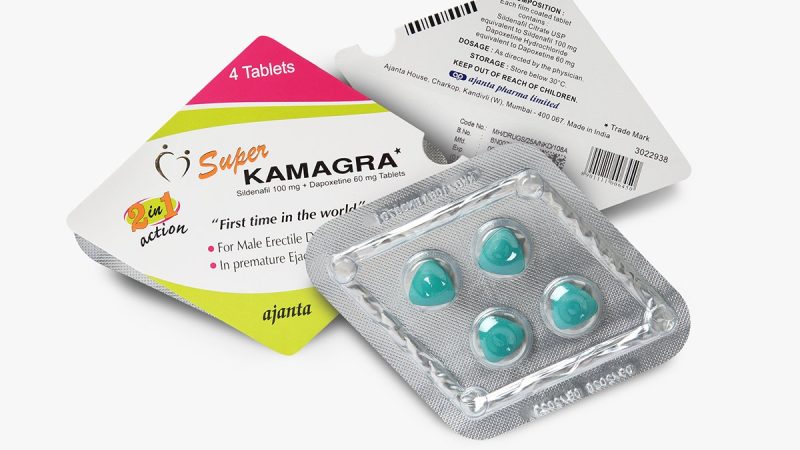Risk Factors of Stroke

A stroke is a cerebrovascular condition where the blood supply to your brain is interrupted. When blood supply is altered, your brain receives insufficient oxygen or nutrients, and your brain cells start to die. Strokes can be hemorrhagic or ischemic. Hemorrhagic is where blood vessels in your brain rupture and bleed. Ischemic involves loss of blood supply to your brain due to a clot in the artery or narrowing or blockage of major arteries. Stroke New York is treatable, but sometimes it can lead to disability or death. Trouble speaking; paralysis or numbness in your face, arm, or leg; headache; and trouble walking are the main symptoms of a stroke. A stroke needs immediate medical attention, and prompt treatment can minimize brain damage and other complications.
High blood pressure
High blood pressure or hypertension is the leading cause of stroke. If your high blood pressure is 130/80 or higher, your healthcare provider will develop a treatment plan for you. You will also need regular monitoring to ensure the condition does not lead to other health issues.
Tobacco
Smoking or chewing tobacco increases your risk of developing a stroke. Nicotine raises your blood pressure. Cigarette smoke can cause fat to build up in your main neck artery. It also thickens your blood, making it more likely to clot.
Heart disease
Heart disease includes faulty heart valves, atrial fibrillation, or irregular heartbeat and these can lead to stroke. It causes a quarter of all strokes among the elderly. Fatty deposits can also clog your arteries, leading to stroke.
Diabetes
If you have diabetes, you have a high chance of having high blood pressure and being overweight. These factors can significantly heighten the risk of stroke. Diabetes destroys your blood vessels, increasing the risk of having a stroke.
Medications
Some medications can increase your chances of having a stroke. Taking blood thinning drugs, which doctors prescribe to prevent blood clots, can cause bleeding, leading to stroke. Using hormone therapy to treat menopause symptoms can raise the chances of stroke.
Family
Strokes can be heritable. If you have a family member with high blood pressure or diabetes, you are at a higher risk of developing the conditions. A genetic problem that blocks blood flow to your brain can lead to stroke.
Race
Studies show that stroke is more common in African-Americans and non-white Hispanic Americans than in other races in the United States. Sickle cell disease, a genetic disorder characterized by narrowing arteries and interrupting blood flow, is also common in these races. Sickle cell is also typical in people from the Mediterranean, the Middle East, and Asia.
Weight
You are more likely to develop stroke if you are overweight or obese. Exercising can lower the risk. You can take a thirty-minute walk daily, run, jog or do push-ups to reduce weight. Eating healthily can also help reduce weight.
Age
Strokes can affect anyone, including babies. Your chances of having a stroke increase as you grow older. After fifty-five years, the risk doubles every decade.
A stroke happens when your brain lacks enough blood supply. Good lifestyle habits and managing your hypertension and diabetes can reduce the stroke risk. Schedule an appointment at NY Neurology Associates for stroke treatment to avoid further complications.







